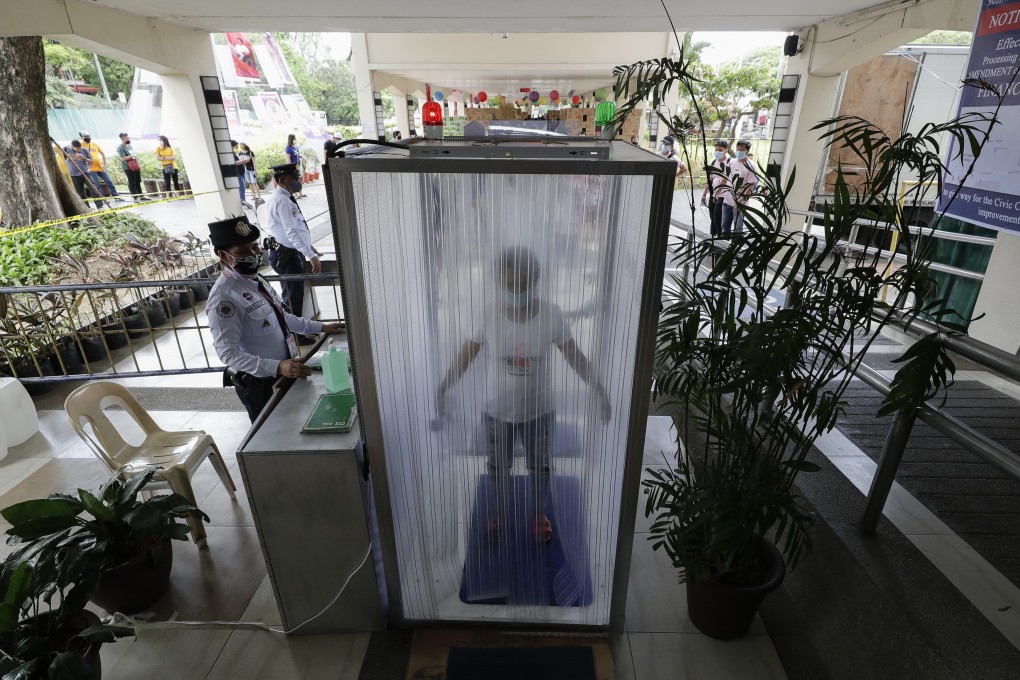Coronavirus: in Philippines, leak shows politicians and relatives received ‘VIP’ testing
- At least two dozen politicians and public officials as well as their relatives were tested despite showing no symptoms, whistle-blowers have revealed
- While the health department has refuted these claims, they have sparked public anger in the country and calls for more mass testing

A list reportedly released last week by a whistle-blower in the health department’s Research Institute for Tropical Medicine (RITM), which processes coronavirus tests, showed that “VIPs” including the Supreme Court justice, the police chief and their wives were among those tested recently. Former first lady Imelda Marcos and her daughter Imee, a senator, have also been tested.
Another whistle-blower claimed some of these VIPs demanded that RITM teams go to their homes to test them. They also received their test results in 24 hours, while doctors and medical staff who had themselves tested because they showed symptoms had to wait days for their results. In at least one case, a doctor – 34-year-old cardiologist Israel Bactol – died from the disease before his test result came out.
The Department of Health on Monday refuted these claims and said “there is no policy for VIP treatment”.
“All specimens are being processed on a first-in, first-out basis,” it said in a statement, adding that there was “courtesy accorded to officials holding positions of national security and public health”.